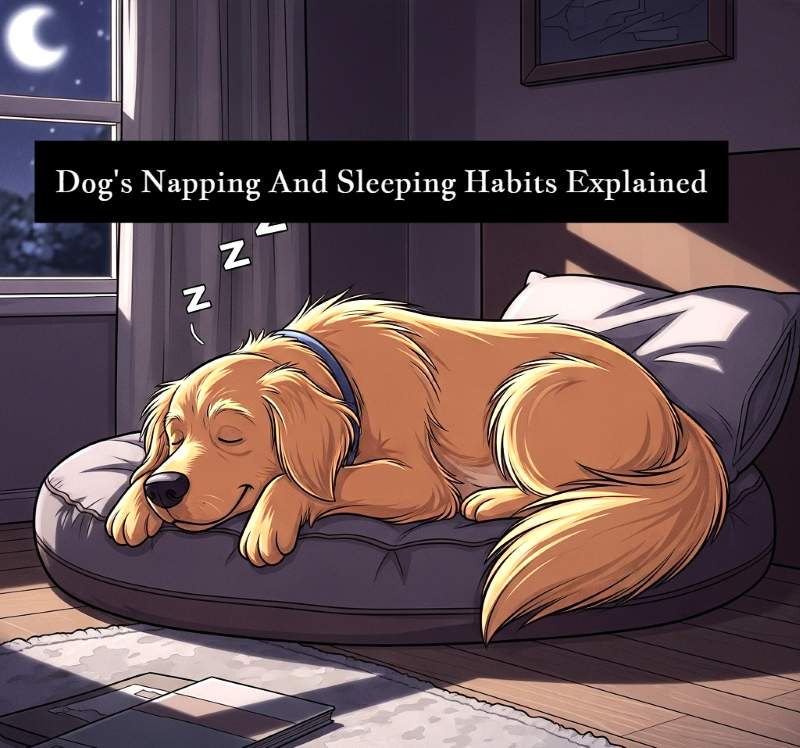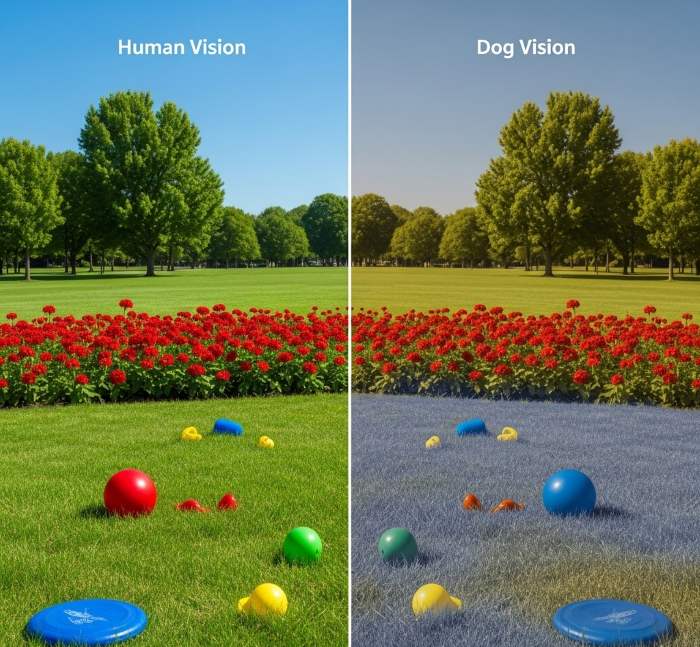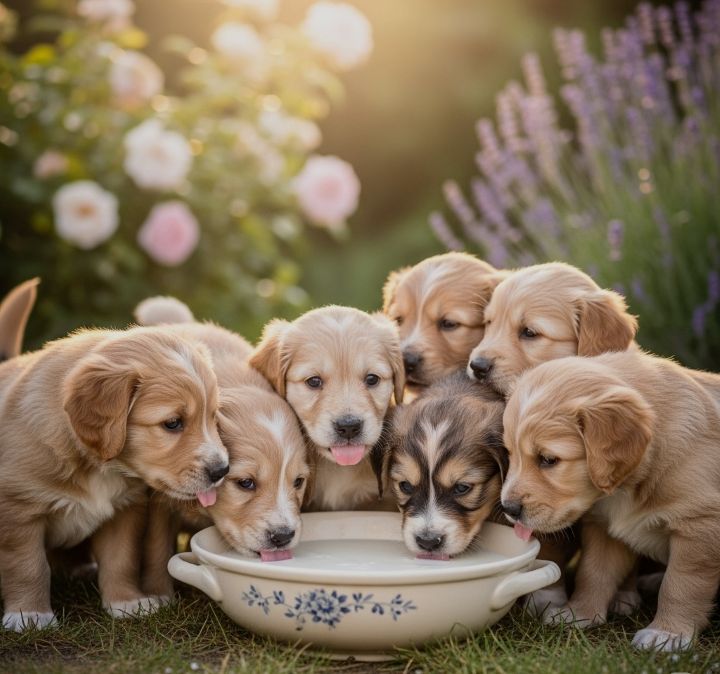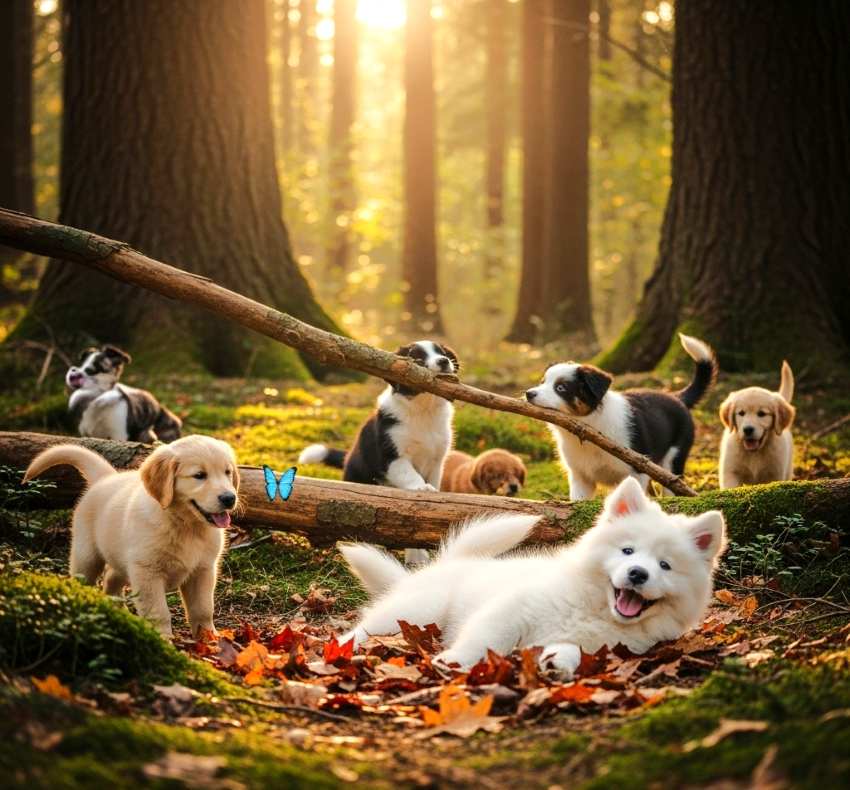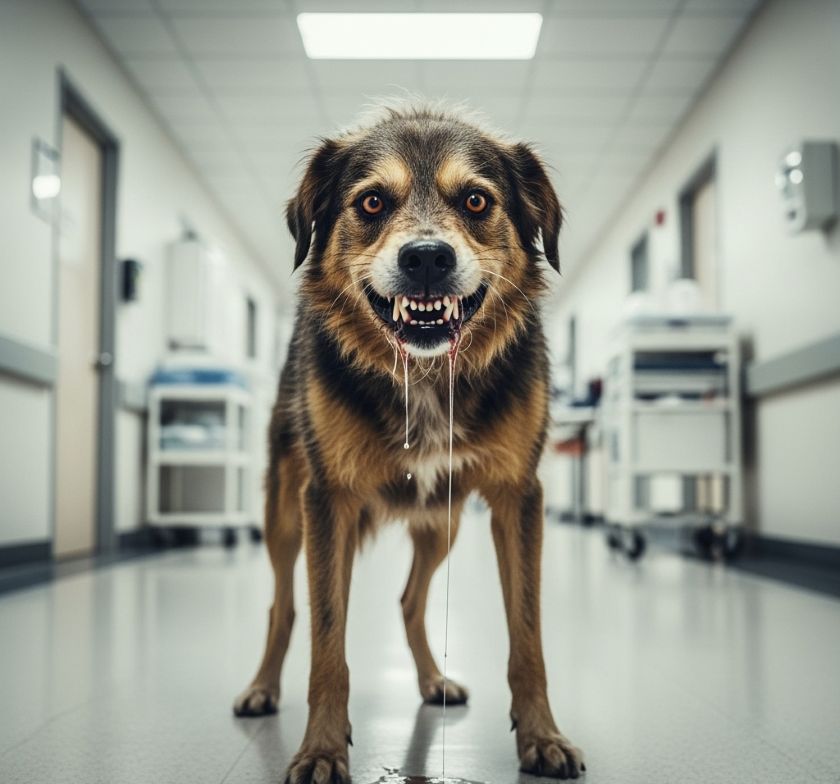What else could beat a peaceful sleep ? Draining out stress and anxiety providing body total calmness. In the same sense a quiet sleep is desired by our pets for their mental stimulation. Numerous times we have been woken up at midnight since our partners in crime making vocalizing sounds, breathing at a fast pace or twitching while sleeping.
As a pet parent, it's our principal responsibility to look into the matters of our waggy companions whether it be observing their sleeping manner such as barking, growling and eyes opened up while snoozing, which makes them super cute and adorable or be it the noisy loud snoring that makes us burst into laughter.
Conflicting situation uprises when defining their sleeping patterns as we are left with no choice except asking ourselves the following questions. How these impeccable being's resting behavior is ? Are they nocturnal? or Are they diurnal ?
A good nap a day keeps the vet miles away.
Nocturnal Vs Diurnal
Nocturnal are the beings that are mainly active and lively during the night hours. Engaging in night time acts like hunting, territorial instincts and wandering around is a routine for them while during the daylight time they tend to spend it in resting and relaxing. Foxes, Bats and Owls are categorized as nocturnal animals.
On the reverse side, there are diurnal beings most of which are humans as we are energetic and effective during the day. Participating in day activities whether it be working or conducting key operations, every action is done during the day hours which is natural to us and we tend to remain inactive during the night time.
Are dogs nocturnal ?
It is widely considered that dogs are nocturnal which is a common misconception among people. Neither they are completely nocturnal nor they are totally diurnal. A more definite term for them is crepuscular which means mostly committed to activities throughout dawn and dusk. This quality in them is naturally inherited from their ancestral values.
However it shouldn't be neglected that dogs are versatile creatures. Sometimes they are seen and recognized as social sleepers. Mostly domestic dogs are dependent upon their owners, pairing their napping style accordingly, making a match with their parents resting practices. So if you as an owner is nocturnal or diurnal, your dog will follow the same path.
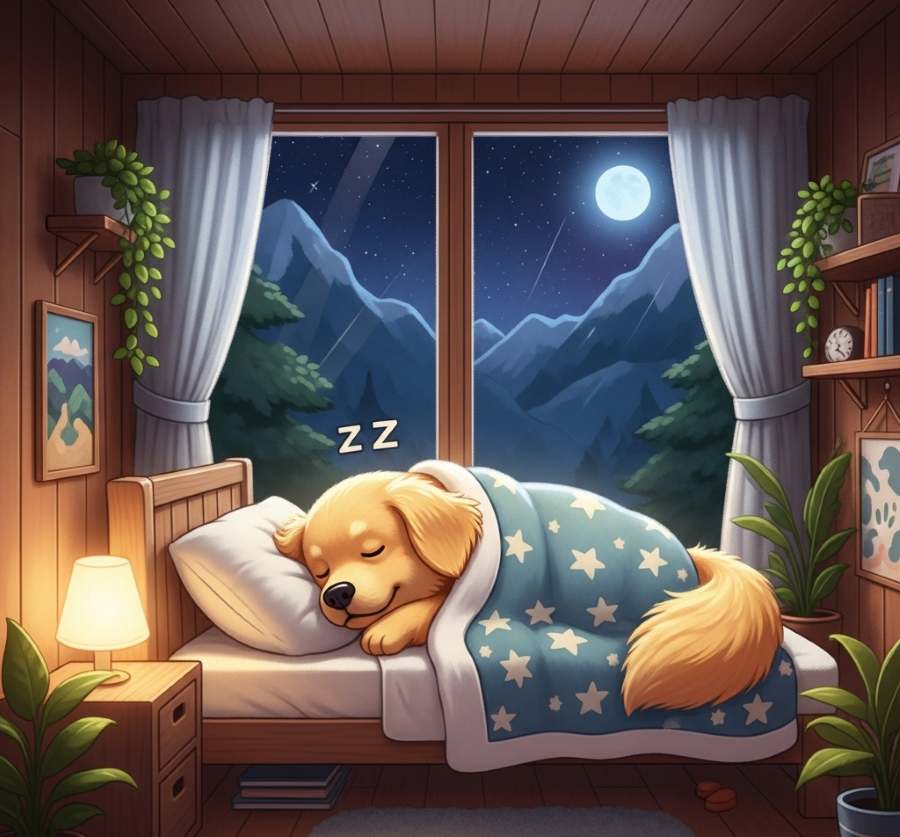
How long do dogs sleep ?
Adequate amount of sleep is essential for our canine friends in order to perform their daily actions. Dogs on an average, sleep for at least 11 to 13 hours in a day which is important to them for their brain functions, memorability and preserving wellness.
Sleep in them is regulated by various elements with respect to type of breed, age, body form. Several dogs have differing physical activity levels in terms of running, playing and inclusion in dog sports which contributes to their duration of sleep.
For puppies, the more they are occupied in playful acts the more is the extension of their snooze period thus maintaining a fine balance between both and reducing risk of any medical difficulties. Puppies on an average sleep for around 18 to 20 hours but they don't rest in one stretch, its often broken into smaller naps. The transition from puppies to adulthood requires this much nap time thus ensuring speedy positive growth and development of their muscles and bones.
On the opposite side, elder dogs require thick amount of sleep which is crucial for their overall health and well being. Ageing has a negative impact upon them in terms of reduced participation in activities making them lethargic. More often senior dogs suffer from a variety of illness including discomfort, pain and infections. So they relax for an active amount up to 16 hours a day which is responsible for granting them ability to naturally repair and heal body damages thus enhancing quality of life.
How can I make sure my dog sleeps better ?
Just as we love enjoying an undisturbed sleep the same goes with our beloved pets. Tossing and turning could lead to midnight wakeups which could panic them at times eventually resulting in sleep deprivation frustrating them. So you can consider these steps-
➊ Ensuring a good sleep routine is necessary for a refreshing sleep as it restores tons of energy boosting their performance for all day. So its highly likeable to decide and fix a time for going to bed along with waking up and strictly adhere to that.
➋ Dog's sleep quality is closely linked to the quality of playtime they get. If in the day, they invest plenty of time in exercising, running, chasing and playfulness finally exhausting themselves which directly grows their addiction for a powerful nap during the night hours.
➌ If possible provide them with an isolated noiseless space along with a pleasant and cozy bed, so that unnecessary distraction or interruption couldn't ruin their sleep.
Should I be bothered if my dog sleeps excessively?
Sleeping frequently is not a critical issue with dogs because at times they are habitual of it. But on many occasion it's noticed that restlessness and interruptions during sleep time results in our pets snoozing overly. Elder dogs generally tend to sleep longer due to age associated difficulties as they quickly feel tired hence sleep acts as a natural way of restoration for them.
We are well aware that dogs being very watchful and if in case they sense anything that is unusual in terms of environmental noises, which could be a wake up call for them leading to sleep disruptions, so they sleep exceedingly to maintain a balance, which is not something worth considering.
You should feel bothered and consult a vet immediately when following signs are displayed.
➊ Loss of appetite resulting in weight loss.
➋ Resisting behavior or uninterested in playful activities.
➌ Suddenly started sleeping excessively than previous routine.
➍ Looking very weak, anxious and uneasy.
➎ Showing discomfort or pain with growling and other vocalization.
Why do Dogs wag their tail in sleep ?
Tail wagging in dogs at night is just normal and is sometimes accompanied with growls, whimpers and howling voices since our canine associates experiencing Rapid eye movement (REM) stage of sleep. The phase where the eyes are continuously moving underneath the eyelids and they are witnessing dreams like us. The brain is actively functioning making them recall and watch their daily incidents whether it be having playful exchanges with their owners or be it chasing other pets like cats, dogs or rabbits.
Related Posts
Can Dogs Perceive Colors ? Are Dogs Colorblind ?
Are Dogs Colorblind ?Can They See Colors Like Us ?Do Dogs See Rainbows Or Not…
15 Safe And Healthy Foods For Your Dogs
Foods that dogs can eat – Strawberries •Beans • Apples • Eggs • Blueberries •…
Can Dogs Drink Milk? Are Dogs Lactose Intolerant ?
Ever Thought Why Your Dog Enjoys Milk. Is It A Treat Or Threat? Here Is…
Are Dogs Nocturnal? Sleeping Patterns Decoded
Is Your Dog’s Nighttime Sleeping Habits Secretly Hampering Their Health. Are They Nocturnal? Or Diurnal?…
170 Exceptional Indian And English Dog Names
Avoid These Mistakes Before Naming Your Dog. A List Of Most Unique And Compelling Names…
Rabies In Dogs: Causes, Symptoms, Treatments and Prevention
Rabies In Dogs: How A Simple Scratch Could Lead To A Fatal Infection. Is Your…

